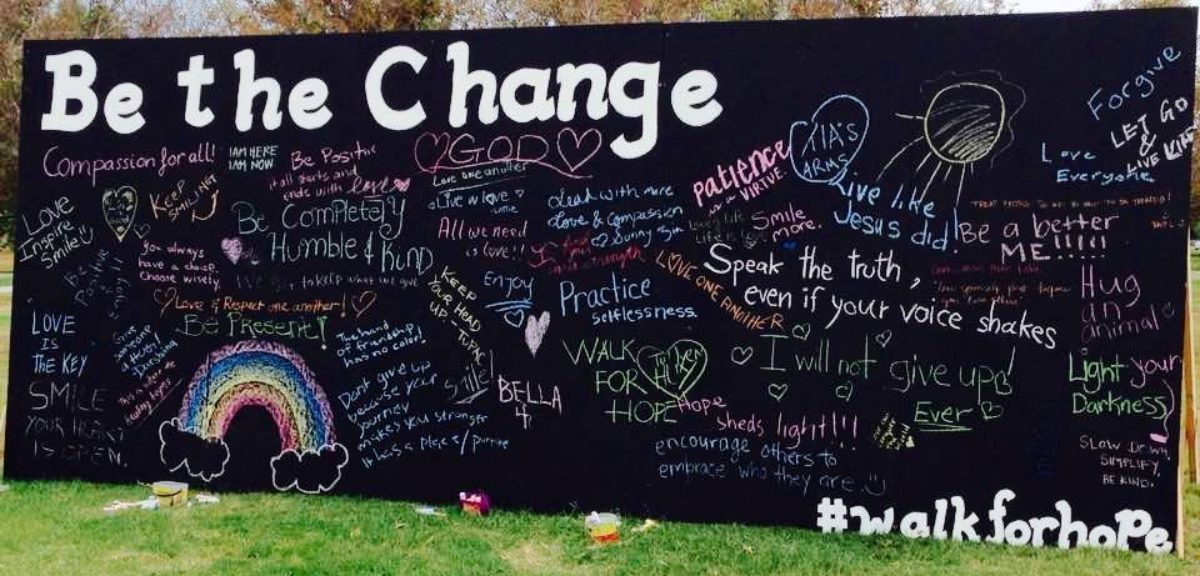Compassion Cell at the Special Olympics in L.A.
Sunday’s Special Olympics games started with the athletes’ recitation of the following: “Let me win, but if I cannot win, then let me be brave in the attempt” — a motto, which according to the speaker for the opening ceremony, was said by gladiators before heading into battle. This set the tone for the day, where athletes of different ages from all over Southern California came to compete in tennis, bocce, track & field, shot put and softball in spite of their mental and physical challenges.
To say that they are “handicapped,” “retarded,” or “special” would immediately connote or evoke some sense of pity, that they are “below normal.” Yet watching them in their elements, playing, surrounded by their friends, family and coaches, I was amazed by their abilities to rise to the challenge of competition, to capitalize on so many months of training. On some level they were also competing against themselves. Part of the mission of the Special Olympics Southern California is to “give [athletes] continuing opportunities to develop physical fitness, demonstrate courage, experience joy and participate in a sharing of gifts, skills and friendships with their families, other Special Olympics athletes and the community.” In short, these games put these athletes at the top of the world, where they are treated as winners, and rightfully so. They are not winners because they received medals, but because they transcended their vulnerableness in front of hundreds of people. They know the value of perseverance, and it showed.
I thought about this notion, and what it means to push our own limits; what makes our potential grow? In a way, like gladiators, these Special Olympics athletes compete for honor by “staying alive” — by finishing the race even though they’re coming in last, by running the race and not letting the braces, the two metal poles clamped to their arms get in the way, by still throwing the ball even though it may not travel very far. For one day, they were made to feel special in a different way, and several Be the Cause volunteers contributed to that. We cheered those athletes on, and rewarded their efforts with a sense of pride, true accomplishment. It was definitely a fun day. Some of us acted as escorts, shaggers, timers and measurers (and had fun with puns). Each volunteer also came away with having accomplished a genuine act of kindness.
The second L.A. Compassion Cell is now over! Just as the Special Olympics athletes push the envelope, so too do we, stretching our capabilities and growing in service.
